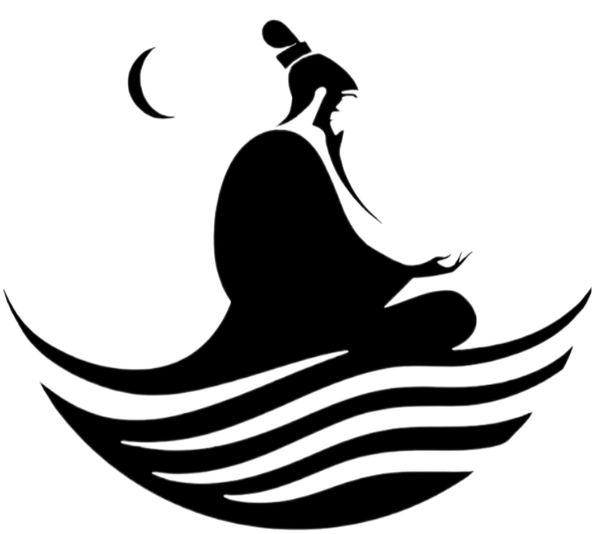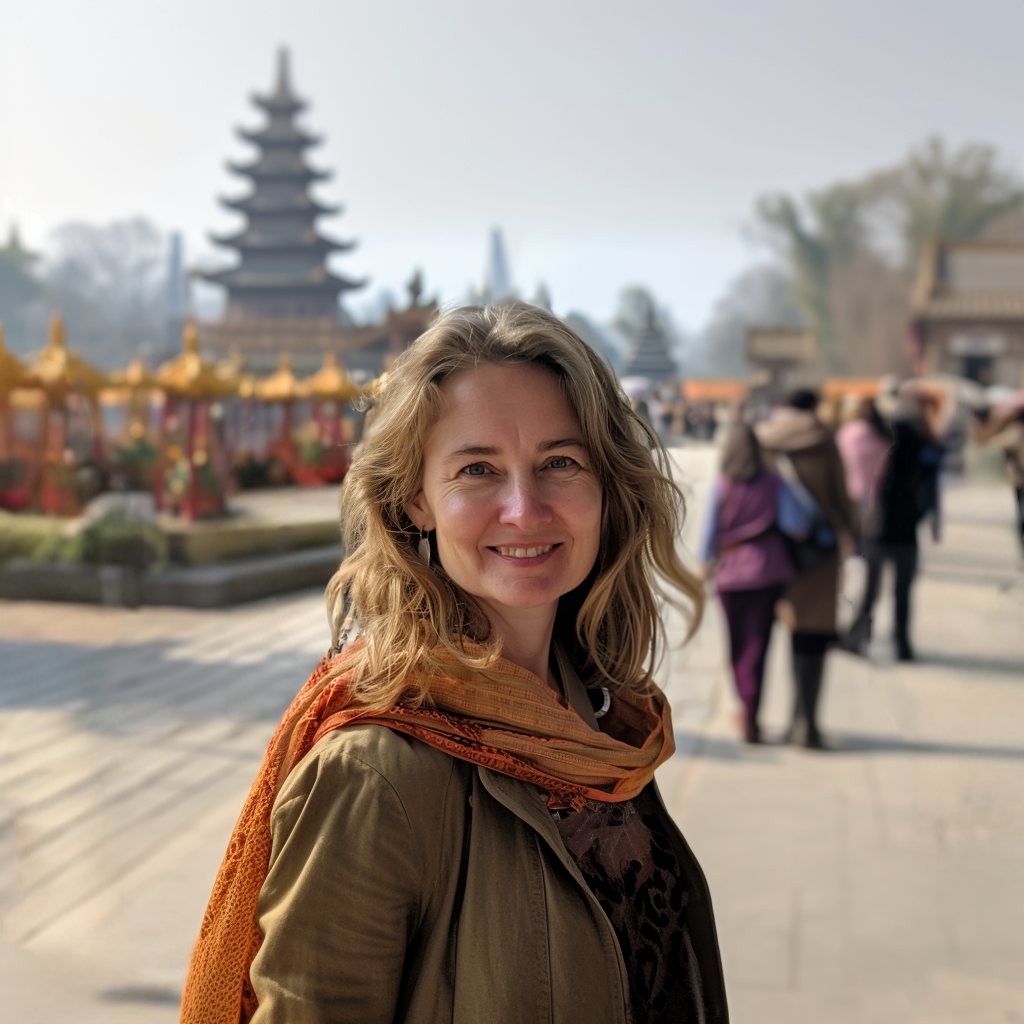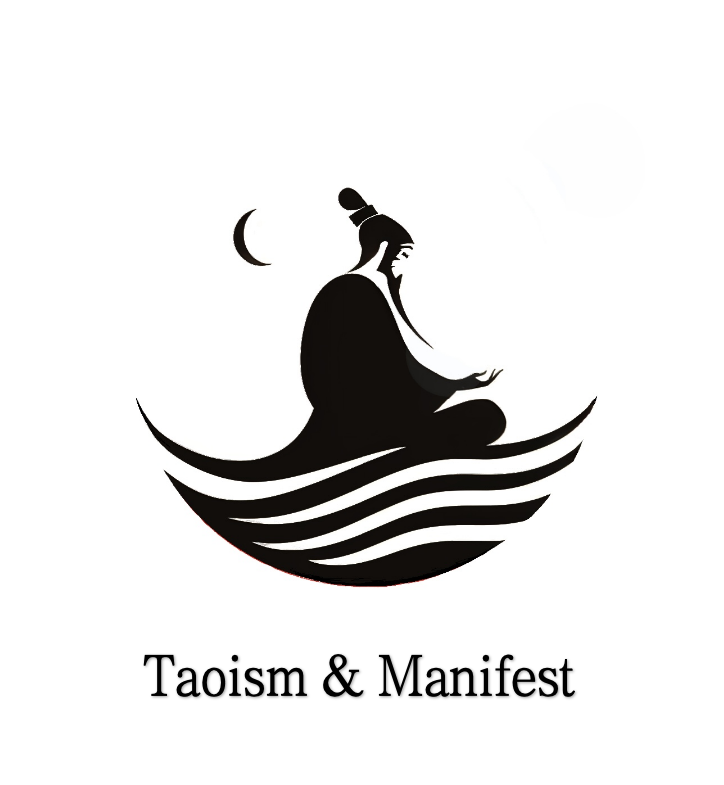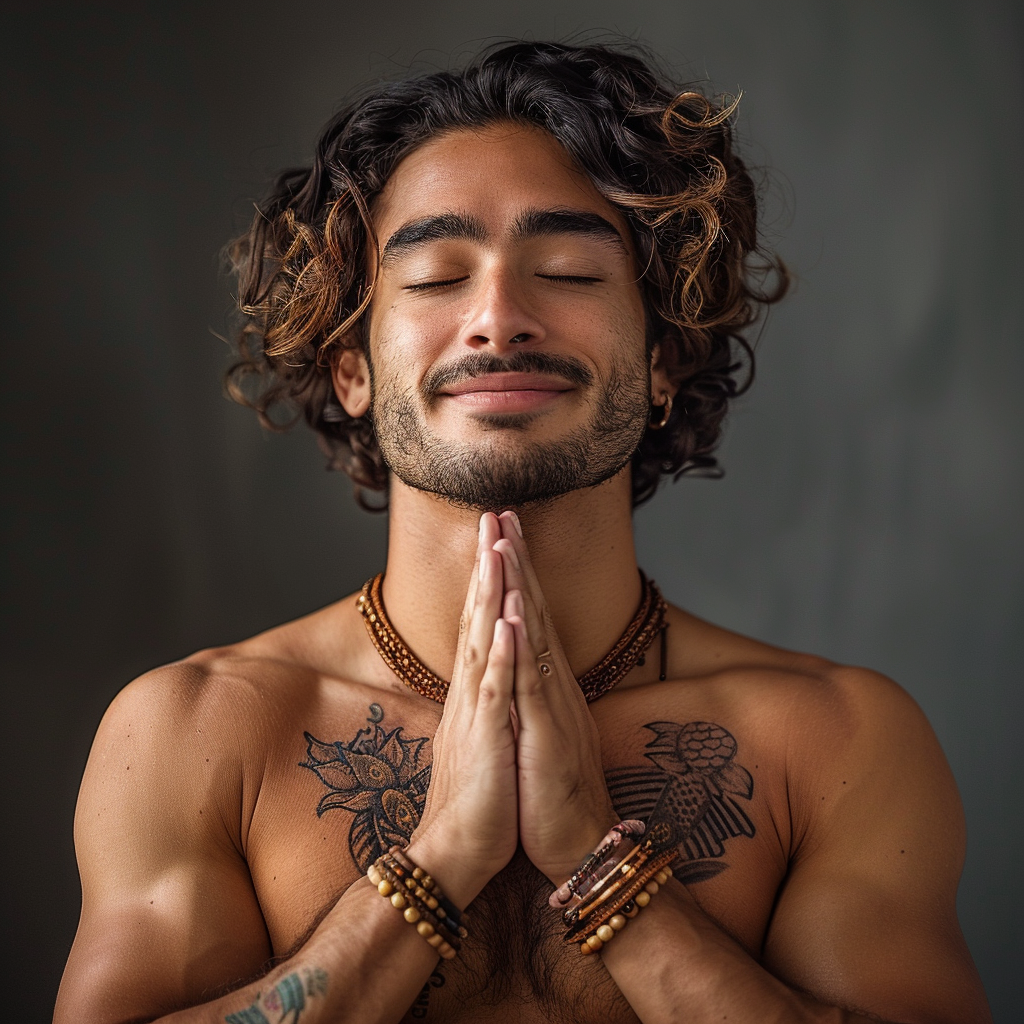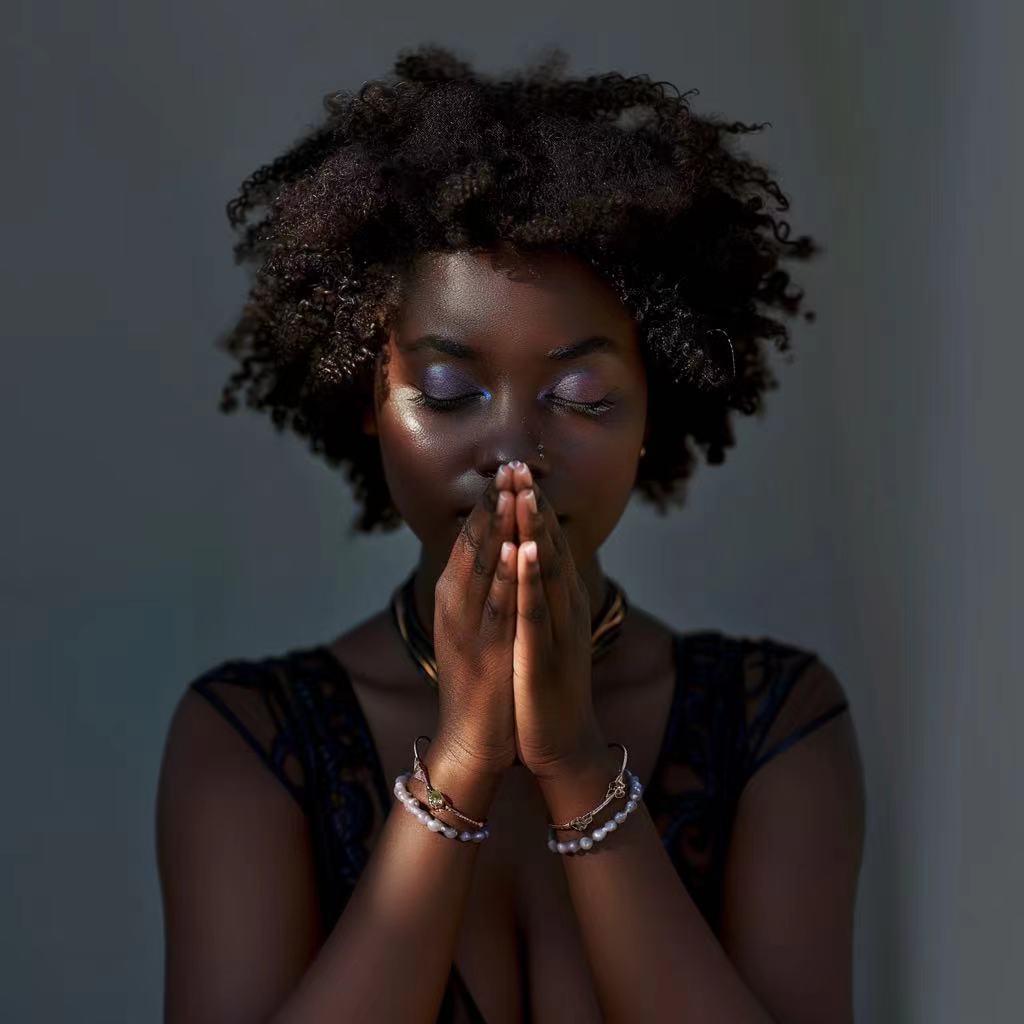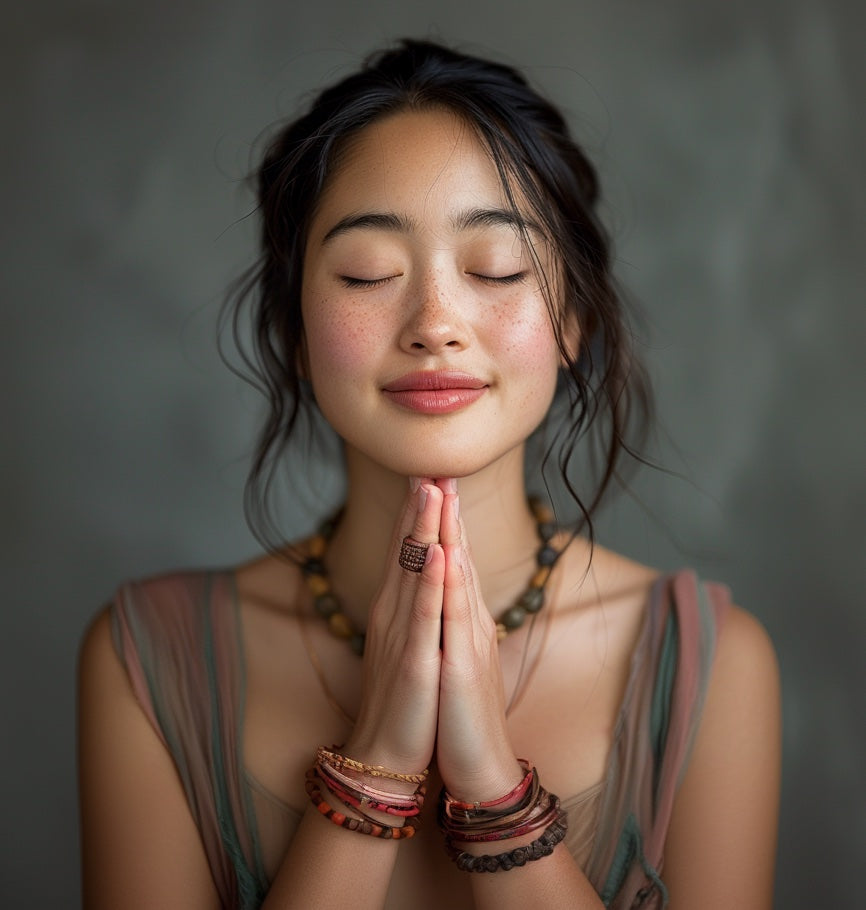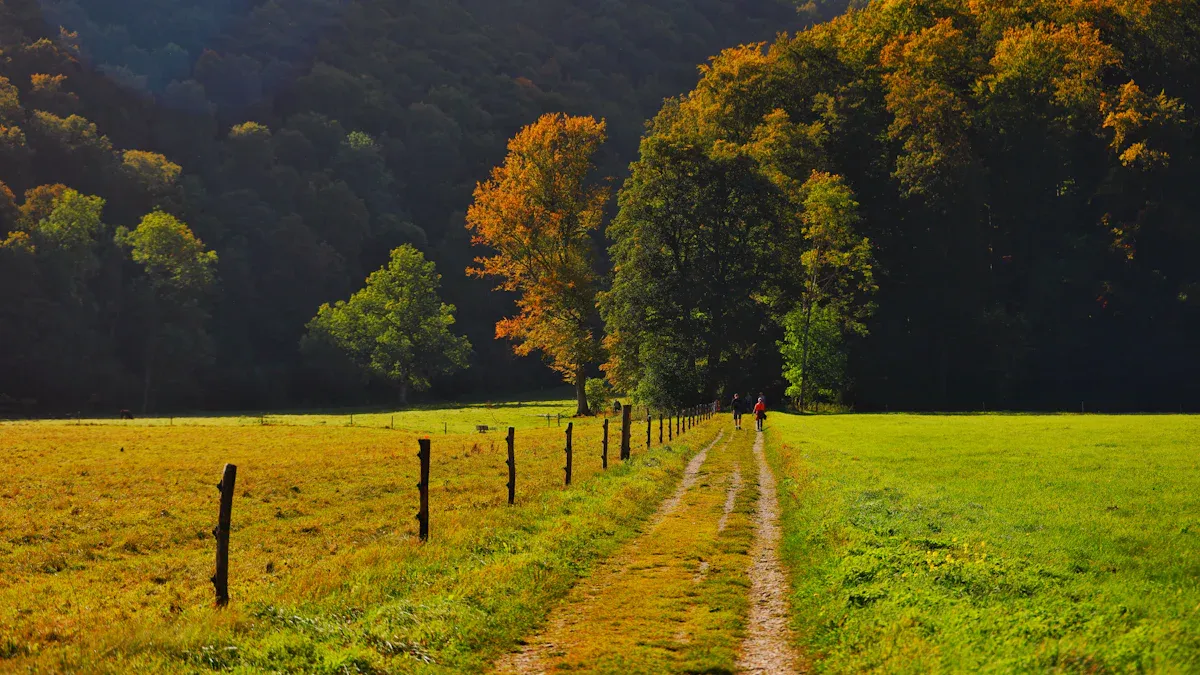
You might see that Taoism ask you to enjoy the present. They want you to find peace in what is happening right now. Taoist philosophy teaches that life feels easier when you let go of extra things. It says to follow a simple way of living. Many people who try minimalism say they feel less stress and more happiness. Studies show that messy spaces can make people feel more stressed.
Living in the moment with the tao helps you be mindful. It brings calm and makes you feel peaceful.
Picking simplicity lets you pay attention to what matters. This makes every moment feel special.
Key Takeaways
Taoism and minimalism both show you how to live simply. They help you focus on what is really important. Letting go of clutter and worries makes your mind calm. It also makes your space feel peaceful. Living with intention and choosing simplicity brings more joy. It also gives you less stress each day. Being thankful and spending time in nature help you feel happier. They also help you feel more connected. Taking small, steady steps toward simplicity brings lasting peace. It can also make you feel better.
Taoism and Minimalism
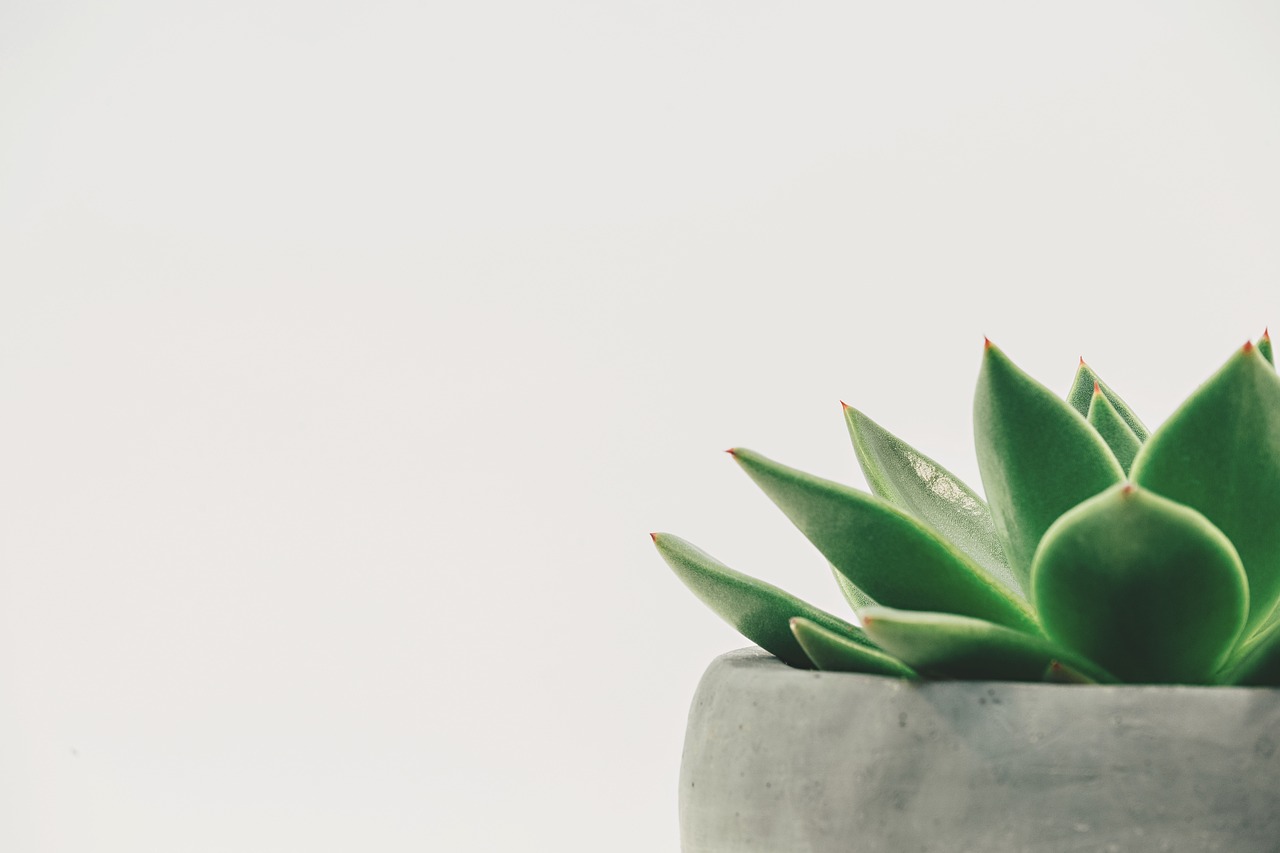
Shared Values
Taoism and minimalism both tell you to focus on what is important. Taoist philosophy says to follow the tao by living with nature. It teaches you to let go of things that cause stress or confusion. Minimalism also asks you to remove clutter and distractions from your life. When you live simply, you make room for joy and meaning.
Taoist philosophy cares about keeping things simple. The tao shows that having less can be better. Wu Wei means acting without forcing things. It helps you move with the natural flow. This is like minimalism, where you focus on what matters most. You do not waste effort on things you do not need. Both Taoism and minimalism ask you to slow down. They want you to enjoy the present and see beauty in open spaces. Simplicity and harmony work together to bring peace and clear thinking.
Tip: Try sitting in a quiet place for a few minutes each day. See how less noise and clutter can help you feel calm and focused.
The Taoist Virtue of Frugality
Taoist philosophy says frugality is very important. The tao de ching teaches you to be happy with less and know your limits. In Taoism, frugality means living simply and not wasting things. You use only what you need. This idea matches minimalism, where you pick quality over quantity. You try not to buy too much.
When you are frugal, you do not feel stress from wanting more. The tao tells you to be happy with what you have. Living simply helps you avoid debt and fighting with others. When you keep life simple, you feel more thankful and kind. You can give more to others and hurt yourself and the world less. Taoist philosophy shows that real happiness comes from harmony, not from owning more things.
Decluttering with Tao
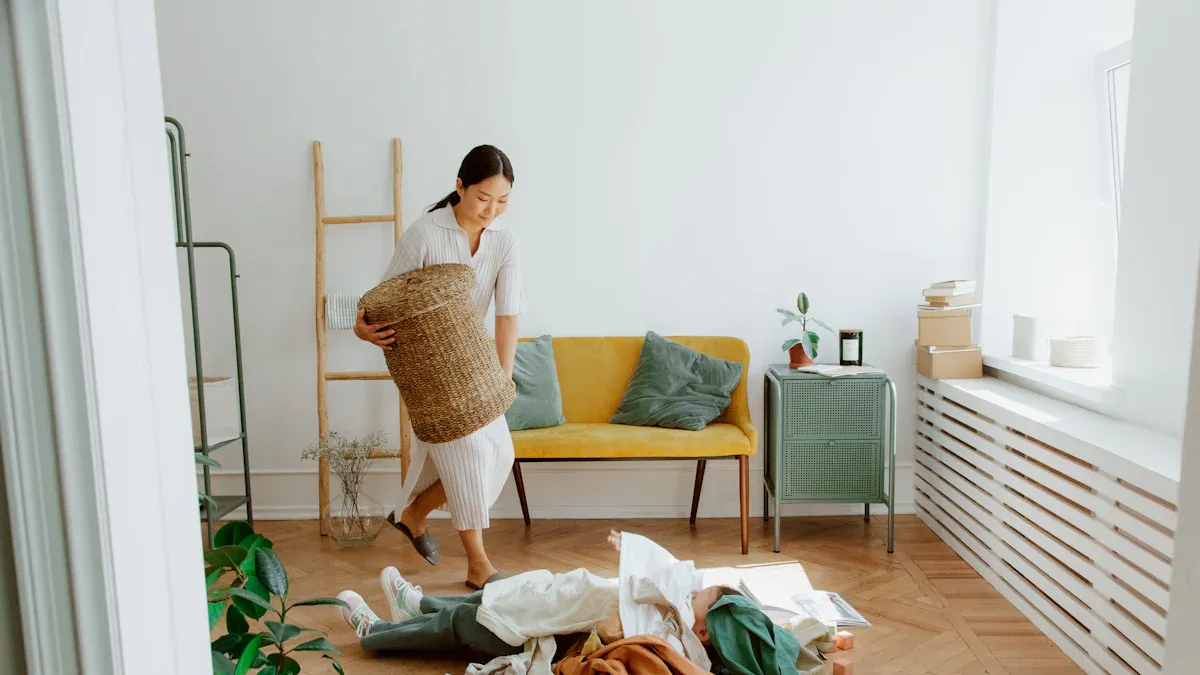
The Art of Letting Go
Letting go is a key lesson you can learn from the tao. Taoism teaches you to release what you do not need, both in your home and in your heart. When you hold on to too many things, your space feels crowded and your mind feels busy. You may notice that clutter makes it hard to focus or relax. Many people say that when they start to let go, they feel lighter and more peaceful.
You might feel nervous about giving up items at first. This is normal. The tao reminds you that change is part of life. When you trust the process, you make room for new experiences and ideas. Minimalism is not about losing things you love. It is about keeping what truly matters. As you let go, you may find that your mind becomes clearer and your mood improves. You start to see your home as a place of calm instead of chaos.
Letting go is not just about your stuff. It is also about releasing old worries and habits that no longer help you. When you practice this, you create space for joy and creativity.
Practical Decluttering Methods
You can use the "断舍离" (duan-she-li) method to guide your decluttering journey. This approach, inspired by Taoist ideas, asks you to break away from things you do not need, let go of what does not serve you, and separate yourself from the urge to collect more. Start with your clothes. Ask yourself if each item brings you comfort or joy. If not, thank it and let it go. Move on to your home. Clear out drawers, shelves, and surfaces. Keep only what you use and love.
When you look at your daily consumption, try to buy less and choose quality over quantity. The tao teaches you to live in harmony with your needs, not your wants. This helps you avoid waste and feel more grateful for what you have. Minimalism encourages you to focus on a few meaningful things instead of many distractions.
Here are some benefits you may notice as you declutter:
Your mind feels calmer and less stressed.
You find it easier to focus and finish tasks.
Your mood improves and you feel more confident.
You sleep better and feel safer in your space.
You enjoy more time and energy for things you love.
Many people describe the shift from chaos to clarity as a breath of fresh air. When you remove clutter, you also clear away mental distractions. You may feel more creative and open to new ideas. Minimalism helps you build a life that matches your values. You learn to let go of guilt and make decisions with confidence. The tao supports you in this journey by reminding you to move with the flow of life, not against it.
Tip: Decluttering is not a one-time event. It is a gentle, ongoing process. Celebrate each small step and notice how much lighter you feel.
Effortless Living
Embracing the Art of Simplicity
You can find true peace by embracing the art of simplicity in your daily life. The tao teaches you about effortless action, or Wu Wei. This means you act in harmony with the natural flow of things, without forcing or struggling. When you practice effortless action, you let go of stress and allow your actions to feel smooth and easy. Many people call this the state of flow. You move through each moment with calm and confidence.
The art of simplicity helps you focus on what matters most. You do not need to fill your day with endless tasks. Instead, you choose what is important and let go of the rest. This pursuit of simplicity brings more joy and less worry. When you live in the moment, you notice the beauty around you. You feel lighter and more connected to the tao. The state of flow becomes a natural part of your routine, making life feel less rushed and more meaningful.
Tip: Try to notice when you feel most at ease during your day. This is often when you are practicing the art of simplicity and moving with the tao.
Mindful Scheduling
Mindful scheduling means you plan your day with intention and awareness. You do not need to fill every minute. Instead, you create space for rest, reflection, and the art of simplicity. This approach helps you cultivate mindfulness and enjoy each moment as it comes. When you set gentle routines, you reduce stress and make room for the state of flow.
Simple routines give your day structure and comfort. They help you adapt to changes and keep your mind clear. By embracing the art of simplicity in your schedule, you avoid feeling overwhelmed. You can focus on what truly matters and let go of distractions. Mindfulness and the pursuit of simplicity work together to bring balance and fulfillment. When you cultivate mindfulness, you notice the present and appreciate the small joys of life.
Remember: Living in the moment and practicing effortless action can turn ordinary days into something special. The tao guides you to find harmony and ease in every part of your life.
Simple Joys
Contentment and Gratitude
You can feel real happiness by enjoying simple things. Taoist teachings tell you to notice what you have now. They want you to see how rich the present moment is. When you practice gratitude, you stop thinking about what you lack. You start seeing what is already in your life. This helps you feel calm and more happy.
Gratitude is a habit you choose on purpose. It helps you feel content by looking at what you already have. It does not matter what is happening around you. Gratitude makes you feel better and want less stuff. Wanting more things often comes from not feeling happy. The text says gratitude helps you stop bad habits and focus on what is good. It helps you feel humble and thankful. People who are grateful say they are happier and healthier. They also want less stuff. Being grateful helps you feel more content, which fits with minimalist living.
Taoist wisdom says living in the moment can change how you see life. Mindfulness lets you notice small good things, like a nice meal or a quiet morning. When you slow down and live simply, you feel more peaceful inside. You start to find joy in little things every day.
Connecting with Nature
You can also feel happy by spending time in nature. Taoism teaches that being close to nature brings balance and calm. When you go outside, you practice mindfulness and see how simple life can be. Nature asks you to stop, breathe, and enjoy right now.
Being in nature helps lower stress, sadness, and anger. It can make you feel better about yourself and boost your mood. It can help you be more creative and enjoy life more.
Being close to nature helps you act in ways that are good for the earth. It makes you want to use less and care for others. These actions match minimalist values because they help you avoid buying too much and care for the world.
Simple living means you hear birds, feel the sun, or smell fresh air. These moments help you feel calm and show that life can be easy. By enjoying simple things and being in nature, you grow more thankful and mindful. This helps you enjoy the present and build a life that matters.
You can feel calm when you choose to live simply. Frugality and effortless action help you each day. Taoist philosophy says to enjoy small steps and simple moments. Many people find that tiny changes bring lasting peace. These changes also help you feel happier. When you let go of clutter, you make space for joy. You also feel more relaxed. The path to a peaceful life starts with one small choice.
FAQ
What is the main idea of Taoism in minimalism?
Taoism teaches you to live simply and follow the natural flow of life. You learn to let go of things you do not need. This helps you feel calm and happy.
How do I start living a minimalist life with Taoist ideas?
You can begin by removing things you do not use or love. Focus on what matters most to you. Take small steps. Notice how your space and mind feel lighter.
Can I practice minimalism without giving up everything I like?
Yes! Minimalism does not mean you must give up what you love. You keep what brings you joy and let go of what does not help you. You choose what stays.
How does decluttering help my mind?
When you clear your space, your mind feels less crowded. You can think better and feel more relaxed. Decluttering helps you focus and enjoy each moment.
